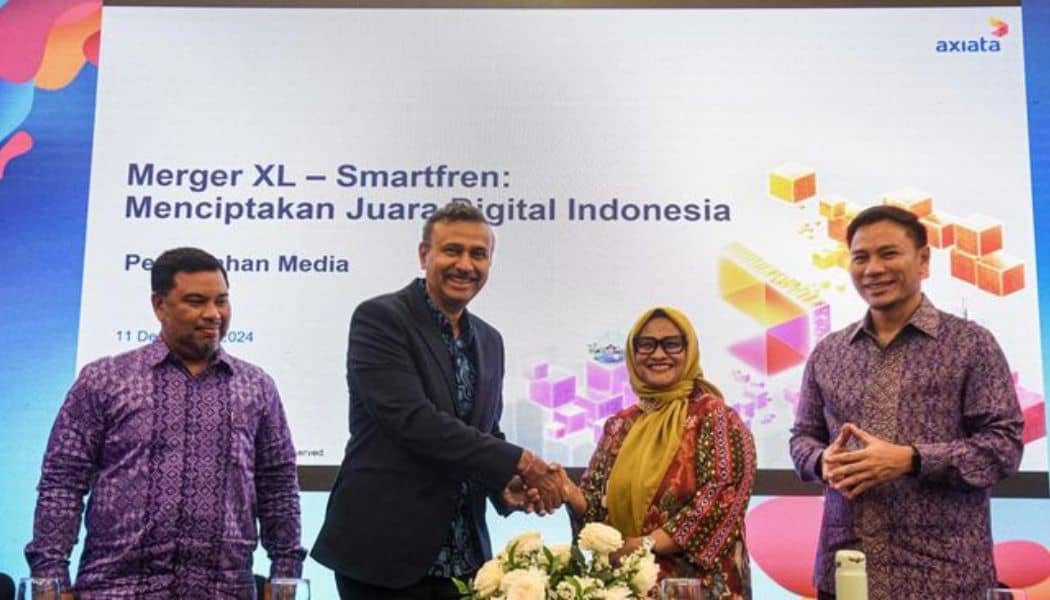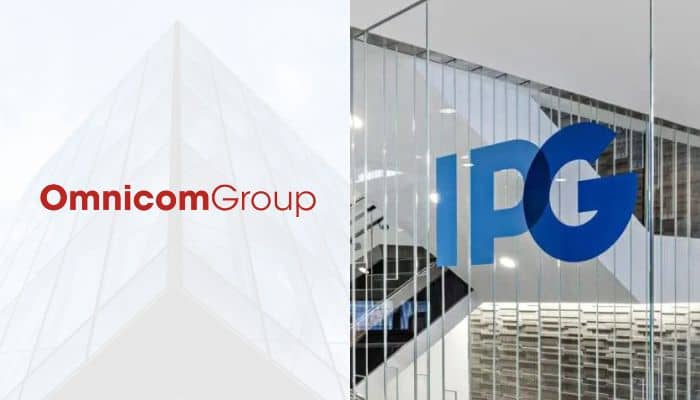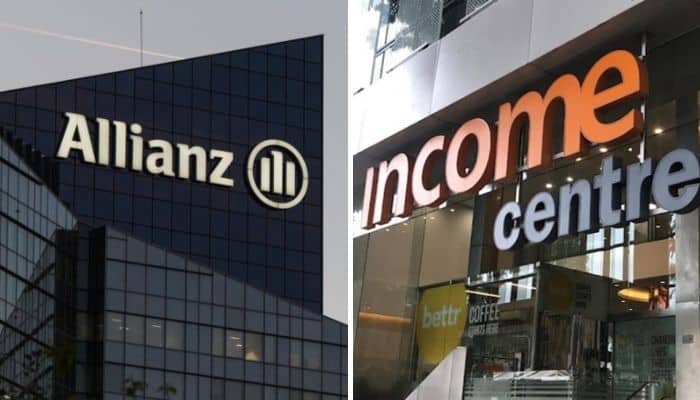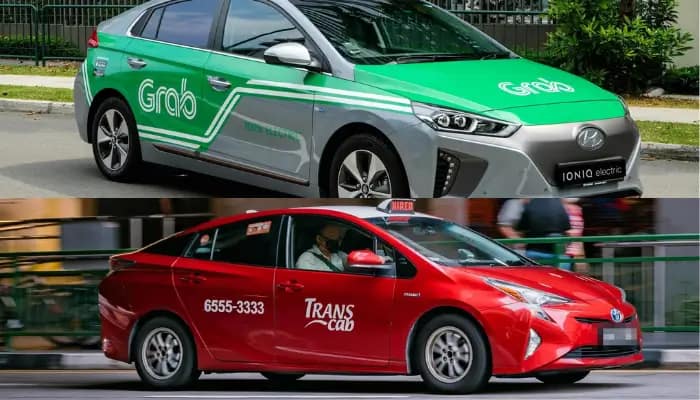Indonesia – PT XL Axiata Tbk (XL Axiata), PT Smartfren Telecom Tbk (Smartfren), and PT Smart Telcom (SmartTel) have signed a definitive agreement for a landmark merger valued at IDR104 trillion (US$6.5b) in pre-synergy enterprise terms.
The merger will establish PT XLSmart Telecom Sejahtera Tbk (XLSmart), a telecommunications powerhouse uniting the strengths of Indonesia’s leading operators. With enhanced scale, resources, and expertise, XLSmart aims to drive innovation, elevate service quality, expand digital infrastructure, and strengthen connectivity nationwide while fostering a more competitive market.
Under the merger, XL Axiata will serve as the surviving entity, with Smartfren and SmartTel merging into XLSmart. Axiata Group Berhad (Axiata) and Sinar Mas will jointly hold 34.8% stakes in XLSmart, sharing equal influence over its strategic direction and decision-making.
Vivek Sood, group chief executive officer of Axiata Group, commented, “We firmly believe that industry consolidation paves the way for a more connected Indonesia and ASEAN, bridging the digital divide to foster a thriving and inclusive future where communities and businesses flourish. This merger is an important step in laying the foundation for a robust digital economy. It will allow us to cater to the unique infrastructure service coverage, product offering, and quality of network experience. Synergies derived from mergers will improve shareholder value and will be partly reinvested in future growth opportunities.”
Franky Oesman Widjaja, chairman of Sinar Mas Telecommunications and Technology, also said, “The merger is a key part of our strategic effort to deliver significant added value to all stakeholders through excellent services, digital connectivity, and innovation, including supporting the Indonesian Government’s efforts in driving digital transformation. This aligns with the philosophy of unity for a greater purpose; as the saying goes, ‘If you want to go fast, you go alone; if we want to go far, we go together.’ At Sinar Mas, we often say, ‘Together, we go far, fast, and beyond.’ This brings added value to customers and employees while supporting the Indonesian Government’s efforts to encourage digitalisation.”
Axiata highlights that the merger will accelerate 5G, AI, and cloud adoption, enhance network quality, and promote sustainable competition, supporting Indonesia’s vision for a digitally inclusive future. It also aligns with government goals for efficient spectrum use and a healthier market structure.
The official statement from the company also noted that the merger will create diverse roles and growth opportunities for employees, fostering collaboration, prioritising career development, and ensuring a supportive, compliant work environment.
Meanwhile, customers will enjoy enhanced connectivity, faster speeds, and broader coverage. The merger will deliver competitive pricing, advanced digital services, and an expanded product portfolio tailored to consumers, MSMEs, and enterprises.
Dian Siswarini, president director & CEO of XL Axiata, shared, “By combining our resources, expertise, and market positions, we will enhance our competitive edge, drive innovation, and unlock new growth opportunities to build a better future together. This merger not only represents a commitment to strengthening Indonesia’s digital economy but also highlights our dedication to bridging the digital divide, expanding access to reliable telecommunications, and fostering a digitally inclusive society. With a shared vision and collective effort, we are poised to deliver value to shareholders, support the nation’s technological aspirations, and set new benchmarks in the telecommunications industry.”
Merza Fachys, president and director of Smartfren, added, “This merger is a carefully considered strategic move to create significant value for all our stakeholders, reflecting our concerted commitment to delivering superior services, enhancing digital connectivity, and driving innovation in the industry. Bringing these businesses together will build on our joint, long-term commitment to Indonesia, giving us the strength and scale to contribute meaningfully to the country’s digital ambitions. There is a clear opportunity for all of us to play a bigger role in this important journey for our country; we believe that by creating XLSmart, we can build on our joint, long-term commitment to customers and communities across Indonesia.”
Currently, the boards of XL Axiata, Smartfren, and SmartTel have approved the merger, pending regulatory and shareholder approvals, with completion expected in the first half of 2025. The parties are committed to a smooth transition, keeping employees, customers, and partners informed throughout the process.
CIMB and J.P. Morgan serves as financial advisor to select Sinar Mas entities, while Deutsche Bank and Maybank advise Axiata. Citibank acts as the financial advisor for XL Axiata.










